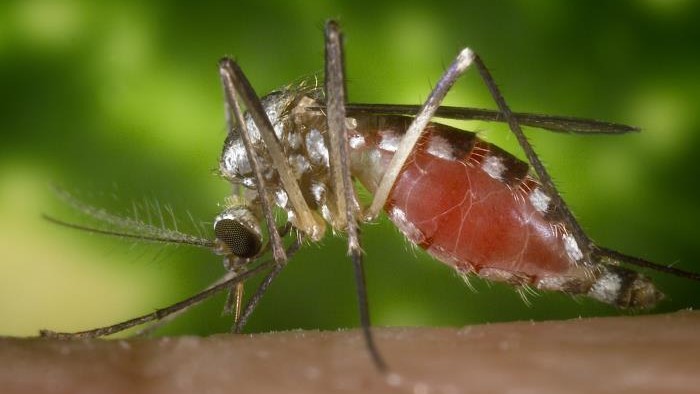Kids of Divorce Have Double the Risk of Stoke
Children whose parents divorce are more than twice as likely to suffer a stroke at some point during their lives than other children, according to a new study.
The link between the two held even when the researchers accounted for other known stroke risk factors, such as obesity, smoking and diabetes. It is the first time such a link has been shown, the researchers said.
The study may shed light on the impact such events, and the stress of childhood, have on adult health, said study researcher Esme Fuller-Thomson, a professor of social work, medicine, and nursing at the University of Toronto. The ways in which divorce and stroke risk may be linked should be further investigated, she said.
To be sure, the study does not conclude that children of divorce are destined to suffer strokes, Fuller-Thomson said.
The findings are based on a survey of more than 13,000 people living in Canada who took part in the 2005 Canadian Health Survey.
Because most strokes occur in people over age 65, Fuller-Thomson said, most of the respondents who had suffered a stroke would have been born in 1940 or earlier. Divorce was rarer at that time, and "the context and consequences of parental divorce in the 1940s or 1950s was probably very different from a child’s experience of divorce now, she said.
The stigma was greater, and because of that, it's likely that parents who did divorce did so under more extreme circumstances than those who divorce today, Fuller-Thomson said.
Sign up for the Live Science daily newsletter now
Get the world’s most fascinating discoveries delivered straight to your inbox.
There are several ways in which divorce and stroke risk could be linked, she said. For example, children whose parents divorce are more likely to grow up in poverty than children of intact families, and childhood poverty is a risk factor for many adult health conditions.
In her study, Fuller-Thomson did not have data on childhood household income, so she did not investigate this potential link.
Childhood stress could also link the two, Fuller-Thomson said. Previous work on childhood poverty and abuse has suggested severe and chronic stress in childhood can alter the development of the body's regulation of the stress hormone cortisol, which could in turn, make people vulnerable to a range of diseases over time.
It's important to note, Fuller-Thomson said, that her study showed an association between divorce and stroke, not that divorce causes strokes, and said the findings would be need to be replicated in other studies before more solid conclusions could be drawn.
The findings were presented today (Nov. 22) at meeting of the Gerontological Society of America meeting in New Orleans.
- Stroke: Symptoms, Tests and Treatment
- Hair Holds the Key to Measuring Chronic Stress
- In US, 1 in 5 Teens Have Serious Mental Disorder
This article was provided by MyHealthNewsDaily, a sister site to LiveScience.










